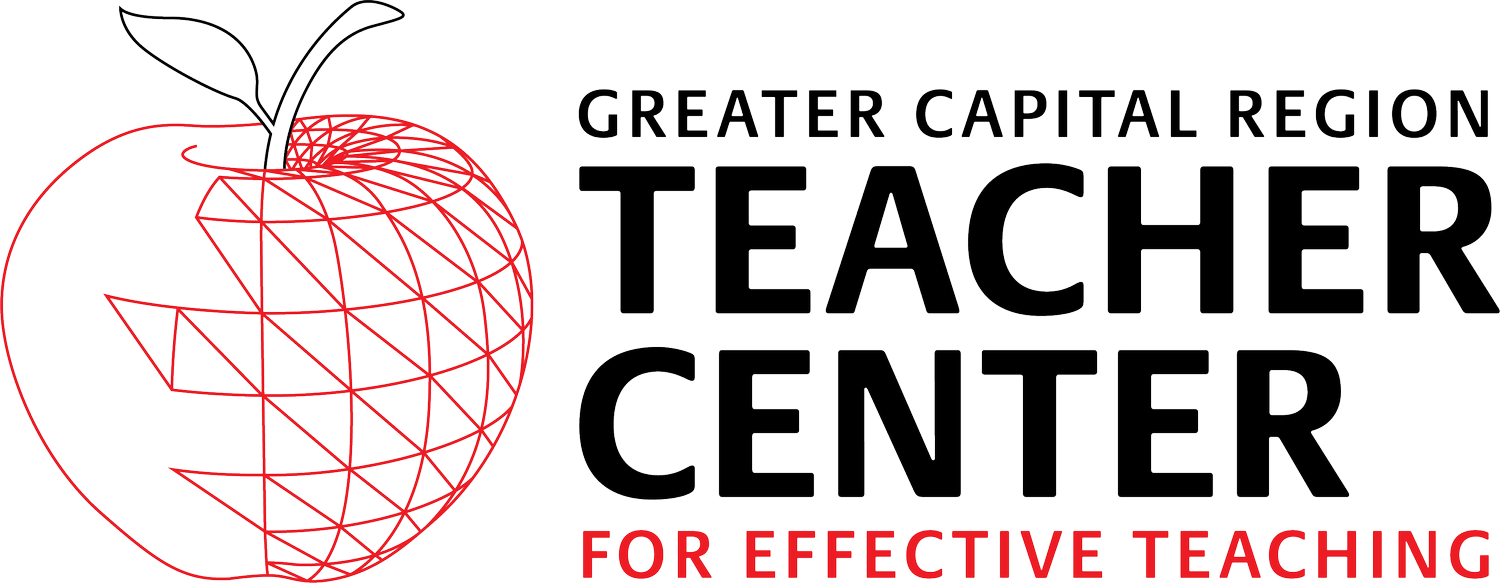History is Herstory Too: Part Two
In History is Herstory Too: Part Two, educators will deepen their understanding of the pivotal role women have played throughout history, with a focus on underrepresented figures, movements, and contributions. Building on the foundation laid in Part One, this course explores the intersectionality of gender, race, class, and culture in shaping historical events and societal change.
Teachers will engage with primary sources, historical narratives, and contemporary scholarship to better integrate the stories of women into various historical contexts. Key topics include:
The global impact of women's political, social, and cultural movements
Women's roles in shaping major historical events, from wars to civil rights struggles
Understudied women in science, arts, business, and leadership
Strategies for making women's histories relevant in diverse classroom settings
Practical resources for including women's voices in curricula across subjects
By the end of the course, educators will be equipped with new strategies and materials to teach history in a more inclusive and equitable way, ensuring that the contributions of women are fully represented and celebrated in their classrooms. This course empowers teachers to inspire students with the rich, diverse narratives that have long been omitted from traditional historical accounts.
Implementation time will be granted during our three 2.5 hour synchronous sessions so teachers can create a meaningful lesson to use during Women's History Month.
FORMAT: Synchronous online learning
DATES: Wednesdays, 2/26/25, 3/5/25, 3/12/25
TIME: 6:00 p.m. - 8:30 p.m.
FACILITATOR: Andrea Mistretta, Whitehall CSD, Social Studies Teacher
GCRTC CONTACT: Erica Boms Egdemir, GCRTC Teacher Leadership Coach for the Humanities
FEE: None. Registration is required.
CTLE HOURS: 7.5
REGISTRATION: https://tinyurl.com/4zne3dtt

